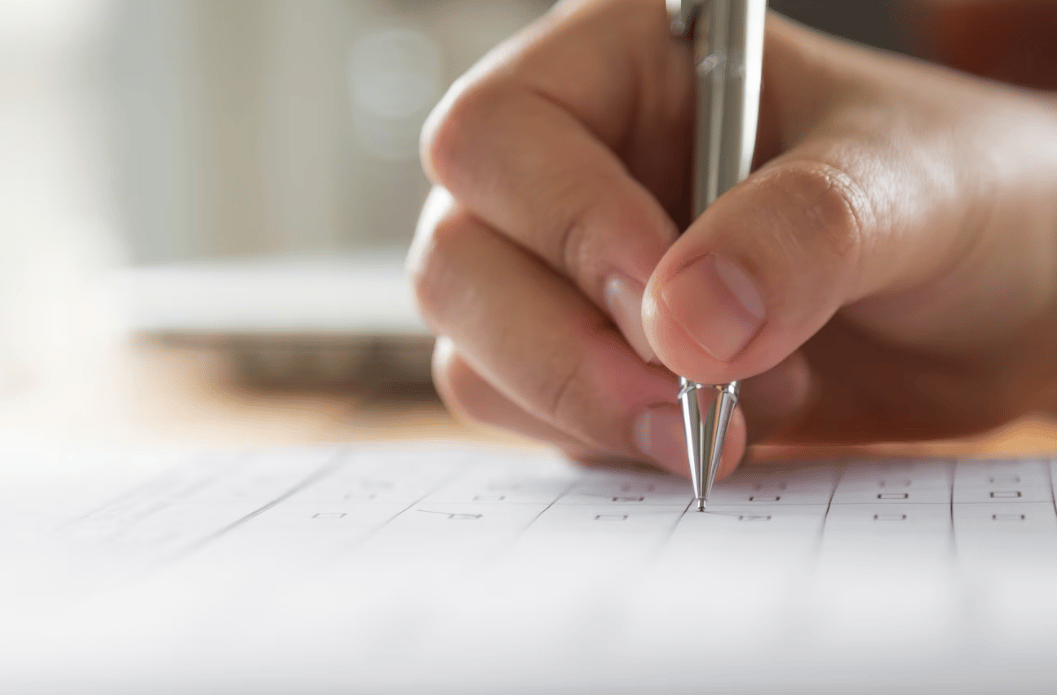Emergency Prep Tips for Family and Professional Caregivers
Planning ahead can bring calm when it matters most. Emergencies rarely announce themselves. Whether it’s a wildfire, power outage, heatwave, or medical event, family caregivers need more than just hope—they need a plan. And for those caring for older adults or individuals with chronic conditions, being prepared can protect health, safety, and peace of mind. This checklist was created to help you take simple, proactive steps toward emergency readiness in the home care setting. No panic. No pressure. Just realistic support—so you and your loved one feel more secure.
TIPS
Erlyn A. Pinkston
6/19/20253 min read


When my neighbor’s power went out during last summer’s heatwave, I remember the fear in her voice as she worried about her mother’s medication that needed refrigeration. It was in that moment I realized: emergencies don’t wait for convenient times. Whether it’s a fast-moving wildfire, a sudden hospital trip, or even just a blown fuse, these surprises can throw our carefully built routines into chaos—especially for those of us providing care at home.
If you’re juggling pill schedules, doctor’s appointments, and meal times for someone who depends on you each day, a little foresight can save a lot of stress. Here’s a warm, practical guide to help you feel more confident and in control when the unexpected strikes.
Why Preparedness Matters
When you’re the person everyone counts on, even a brief disruption can feel enormous. That’s why taking a few simple steps now can:
Speed up your response when seconds count
Cut through confusion, so you know exactly what’s next
Lower the chance of dangerous mix-ups (no one wants to scramble for meds in the dark)
Bring a sense of calm, because you’ve already done the hard work
You don’t have to be perfect—just ready.
Your Caregiver Emergency Checklist
Think of this as your “peace-of-mind toolbox.” Keep these items and plans organized, and revisit them monthly to tweak as needed.
1. Emergency Contacts
Primary doctor (name, phone, email)
Family or neighbor who can step in
Pharmacy with prescription refills lined up
Local non-emergency lines, like community health hotlines
2. Medications & Health Info
A clear list of prescriptions, dosages, and when they’re due
Allergy notes (food, drug, environmental)
Medical equipment inventory (oxygen tanks, walkers, CPAP machines)
Daily schedule to keep everything on track
3. “Go-Bag” for Your Loved One
Copies of IDs and insurance cards
Two changes of clothes (think comfort and season)
Healthy snacks & bottled water
A favorite comfort item (a small blanket or photo)
Toiletries (toothbrush, wipes, lotion)
Glasses or hearing aids
4. Your Caregiver “Go-Bag”
Phone charger (and spare battery pack)
A fresh change of clothing
Notebook & pen for jotting down updates
A bit of cash (for vending machines or unexpected needs)
Reusable water bottle and a few healthy snacks
Basic toiletries
5. Vital Documents
Advance directive and power of attorney papers
Written emergency instructions (where to meet, who to call)
A printed care routine—because good routines save time
6. Monthly Safety Rituals
Test or change batteries in smoke and carbon monoxide detectors
Update your medication list—add new prescriptions, drop old ones
Review your emergency plan with everyone involved
Refresh your go-bag’s snacks & water
Test flashlights and swap batteries if needed
Pro tip: Store both go-bags by your front door or garage exit. At the end of each month, take five minutes to peek inside and swap out anything that’s expired or doesn’t fit the season.
California-Specific Risks (But Adaptable Anywhere!)
If you live where wildfires, heat waves, or earthquakes are part of life’s rhythm, here’s what to add to your plan:
Wildfires: Make sure you have an evacuation route, several N95 masks, and a “to-go” list for pets.
Heatwaves: Learn the signs of heat exhaustion. Keep fans running and know your local cooling centers.
Earthquakes: Anchor tall furniture, keep sturdy shoes by the bed, and store extra water jugs.
And don’t forget to sign up for local alerts—whether it’s CAL FIRE updates, utility outage news, or neighborhood emergency apps.
A Plan Is a Gift
Putting this checklist together isn’t just ticking boxes on paper. It’s giving someone you care about the gift of safety, dignity, and peace of mind. Every moment you spend preparing now means more quality moments later—when stress levels are low, and you’re focused on comfort and companionship instead of scrambling for supplies.
Start small: pick one category—maybe your emergency contacts—and update it today. Then celebrate that progress! Next week, tackle the go-bag. Before you know it, you’ll have built a fortress of calm around your daily care routine.
You’re doing incredible work. By planning ahead, you’re not just a caregiver—you’re a protector, an organizer, and a beacon of reassurance when it matters most.


Our Links
Mailing Address
P.O. Box 115 Garden Grove
CA 92842-115
